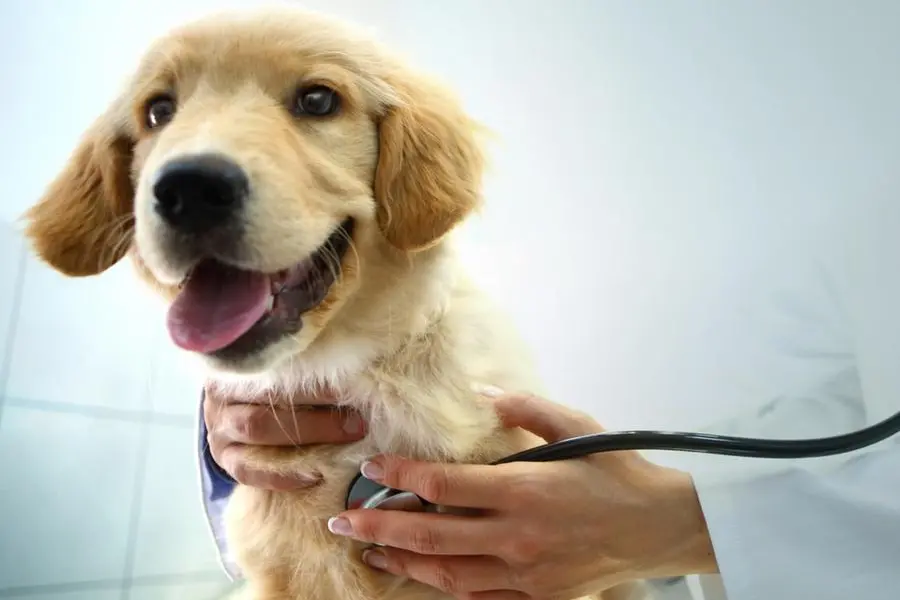PHOTO
The Abu Dhabi Agriculture and Food Safety Authority (ADAFSA) is celebrating World Veterinary Day, which falls on Saturday, 27th April 2024, under the theme "Veterinarians: Essential Health Workers".
ADAFSA places significant emphasis on its team of veterinarians and technicians, numbering over 170 professionals, including a number of rare specialities and experts in important scientific fields such as virology, pathology, epidemiology, parasitology, microbiology, and molecular biology, in addition to animal production sciences, surgery, and reproduction. All of these play a pivotal role in implementing strategic plans aimed at building and enhancing biosecurity, One Health system, and ensuring the sustainability of food safety.
On this occasion, ADAFSA highlighted tangible achievements in enhancing biosecurity, controlling pests and diseases, ensuring the health of plants and animals, and promoting the safety of livestock during the year 2023. The implementation of biosecurity requirements significantly contributed to reducing the spread of zoonotic diseases between humans and animals. The compliance rate of biosecurity requirements in red meat slaughterhouses reached approximately 97 percent in 2023, while it was around 90 percent in livestock markets.
ADAFSA emphasised that these achievements were made possible through the efforts of specialised technical staff in the field of veterinary medicine. Statistical estimates indicate that veterinarians and technical assistants conducted approximately 6,400 routine visits to legal animal farms in Abu Dhabi in 2023 to ensure compliance with biosecurity requirements, disease prevention and animal health promotion.
Regarding the application of biosecurity requirements through monitoring ports and inspecting meat shipments imported into Abu Dhabi, ADAFSA noted that approximately 33,800 meat shipments and shipments of animal origin were inspected during the past year, amounting to about 615,000 tonnes. Some 650 samples were withdrawn from these imported shipments for laboratory examination, with 37 samples (47 tonnes) rejected for non-compliance with specifications and standards.
Executive Director of the Animal Wealth Sector at ADAFSA, stated that these achievements demonstrate Abu Dhabi's commitment to enhancing biosecurity and animal health, and ensuring food safety for consumers.
He emphasised the role of veterinary services in protecting animal wealth from diseases and pests, and promoting sustainable development in the agricultural sector of the emirate.
Al Mansouri explained that World Veterinary Day is an opportunity to highlight the key role that veterinarians play in ensuring the health of animals and humans.
He stressed that veterinary services not only focus on animal health and welfare, but also make a significant contribution to human health by controlling zoonotic diseases. Veterinary professionals serve as the first line of defence against animal diseases by providing diagnostic, treatment and prevention services, and by ensuring the safety and health of animal products for human consumption.
He explained that veterinarians monitor the safety of food of animal origin by examining animals before and after slaughter and ensuring the safety of animal products. They also work to ensure that hygiene and health standards are applied in animal production farms and food processing plants.
Al Mansouri pointed out that ADAFSA provides intensive training and qualification programmes for veterinary personnel by graduates of veterinary medicine and veterinary sciences, both inside and outside the country, and at prestigious international scientific centres. This helps build the technical capacity of the national cadres and qualifies them to carry out their heavy responsibilities.
Veterinarians at ADAFSA provide many services and programmes that contribute to building and serving the community and are aimed at controlling zoonotic diseases, such as veterinary diagnostic, treatment and prevention services, disease surveillance and community awareness programmes. Zoonotic diseases are also tackled by strengthening food chain surveillance.
Veterinary staff also contribute to strengthening the animal health food security system by developing and evaluating veterinary vaccines for local livestock breeds, developing laboratory tests, reagents and advanced diagnostic techniques, and conducting research and publishing scientific papers.
ADAFSA veterinarians effectively contribute to the development of veterinary education by writing reference teaching materials. ADAFSA veterinarians author books, atlases and other educational materials that are rich references for students and researchers in the field of veterinary medicine. They help to provide students with modern and accurate scientific information related to the reality of animal diseases in the country. This helps them to better understand the study material and improve their cognitive and practical skills. These materials also help to update and develop curricula in line with the latest developments in the field of veterinary medicine.
ADAFSA's veterinary staff actively participate in local and international scientific conferences and workshops, facilitating the exchange of experience with colleagues from around the world. They keep abreast of the latest developments in veterinary medicine, informing industry professionals of ADAFSA's achievements and strengthening its position as a leading centre for scientific research and training in the field.
The Authority's veterinary staff have contributed to the establishment of many specialist reference centres to support veterinary medicine, such as the Reference Centre for Camel Diseases, the first in the world to be accredited by the World Organisation for Animal Health (WOAH). This is in addition to the WOAH accreditation of the Reference Centre for Quality Management Systems and the World Health Organisation (WHO) Network of Reference Laboratories for Coronaviruses. These centres provide scientific and advisory activities and services that improve diagnostic and treatment procedures, support the research and study system, conduct scientific research and develop new techniques in the field of veterinary medicine.
ADAFSA encourages all members of society to celebrate World Veterinary Day by recognising and celebrating the vital role that veterinarians play in the health of humans, animals and the environment. The Authority also encourages students interested in the veterinary profession to apply for specialised academic programmes in the field.





















